Tree planting activities on alluvial land to reduce waves and protect sea dykes in Vinh Chau town, Soc Trang province.
Share financial responsibility
According to experts, climate change in Vietnam is evolving in a complex manner and reality in recent years shows that climate change is occurring faster than expected. Vulnerability to climate change affects 74% of Vietnam's population. The impact of climate change in particular is expected to affect 433,000 people/year, causing a deficit of 3.6 billion USD in GDP by 2030. In addition, Vietnam is a country with higher greenhouse gas emissions (CO 2 ) than developing countries in the world , mainly due to the backwardness of our country's production technology and the majority of enterprises are small-scale producers. By 2019, Vietnam had a total CO 2 emission from primary energy consumption of 285.9 million tons, accounting for 0.8% of the world's total CO 2 emissions. Therefore, financial risks associated with climate change, including physical risks and transition risks, are constant issues affecting the sustainability of Vietnam's economy in general.
Associate Professor, Dr. Van Pham Dang Tri, Director of the Institute of Climate Change Research, Can Tho University, shared: We are witnessing three major crises happening in parallel on a global scale: Climate change, biodiversity loss and environmental pollution are no longer separate issues, but are intertwined and amplifying each other; this is an urgent global issue. In this context, climate finance plays a very important role, not only as a resource to invest in clean technology or resilient infrastructure, but also as a tool to ensure climate justice. When invested adequately, in the right way and in the right place, climate finance can help vulnerable countries like Vietnam adapt more effectively to increasingly complex climate impacts. Climate finance aims to help address climate injustice by sharing financial responsibility with developing countries, which have largely avoided causing the crisis but are suffering the most from its consequences.
According to Ms. Luu Anh Nguyet, Deputy Head of the Department of Market Development and Financial Services, Ministry of Finance, financial equity and climate debt are concepts that have been introduced for a long time and mentioned in the United Nations Framework Conventions on Climate Change. In particular, recently at the United Nations Framework Convention on Climate Change (COP29), the participants focused on discussing the mobilization of financial resources from developed countries to respond to climate change in developing countries, discussing the bases related to payment based on the principle that whoever emits more, whoever pollutes more must pay more. And this viewpoint is agreed upon by many countries, unified in international commitments and expressed in international conventions on responding to climate change. In general, from poor, underdeveloped countries to developed countries, all must be responsible for the issue of reducing
emissions…
From commitment to action
According to Ms. Luu Anh Nguyet, Deputy Head of the Department of Market Development and Financial Services, Ministry of Finance, with the establishment of the Green Climate Fund and the Global Climate Fund, developed countries have committed to paying about 100 million USD per year to poor countries and developing countries, these amounts are for activities related to providing resources to respond to climate change. However, the level of commitment and the time to implement the commitment have not met the damage and necessary financial needs, so efforts from all parties are needed to narrow the gap between commitment and action. Climate change is not an issue that can be solved only through the promulgation of legal documents, it is not just a matter of issuing policies, but must originate from very small actions from people and businesses. When small actions spread, they will create a great impact. Therefore, there needs to be consistency from policies to action programs, financial solutions, sanctions for violations of emissions that are harmful to the environment, and solutions to overcome the consequences need to be calculated to ensure effective implementation of environmental protection goals.
Journalist Nguyen Xuan Khanh, Deputy Editor-in-Chief of the Economic and Urban Newspaper, shared: According to the Organization for Economic Cooperation and Development (OECD), by the end of 2020, developed countries had provided climate finance worth up to 83.3 billion USD to vulnerable countries, including private investments. Recently, many countries and international organizations, especially the US and the European Union (EU), have made many commitments to support climate finance for vulnerable countries. Along with that, the idea of debt relief for poor countries in exchange for "green" investment projects is considered quite comprehensive to simultaneously solve many problems that countries around the world are facing, including Vietnam.
According to Associate Professor Dr. Van Pham Dang Tri, for climate finance to truly contribute to creating climate justice, it is necessary to ensure that financial resources are not just promises, but real commitments, accessible, transparent and do not add to the debt burden for vulnerable countries. People, especially vulnerable groups such as women, youth and rural people, need to participate in the decision-making process and implementation of programs using these financial resources. Investment resources should not only be directed towards technical solutions, but also need to strengthen institutions, build local capacity and raise public awareness. Climate finance must be identified not only as a response tool, but also as the foundation for a more equitable development model, where every country, every community and every generation has the opportunity to live in a healthy and sustainable environment.
MINH HUYEN
Source: https://baocantho.com.vn/huy-dong-nguon-tai-chinh-xanh-ung-pho-voi-bien-doi-khi-hau-a187843.html


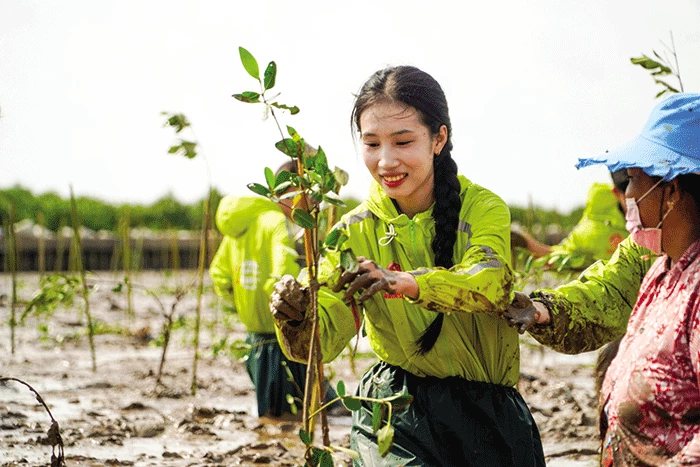

![[Photo] General Secretary To Lam works with the Standing Committee of Quang Binh and Quang Tri Provincial Party Committees](https://vphoto.vietnam.vn/thumb/1200x675/vietnam/resource/IMAGE/2025/6/25/6acdc70e139d44beaef4133fefbe2c7f)

![[Photo] First training session in preparation for the parade to celebrate the 80th anniversary of National Day, September 2nd](https://vphoto.vietnam.vn/thumb/1200x675/vietnam/resource/IMAGE/2025/6/25/ebf0364280904c019e24ade59fb08b18)
![[Photo] More than 124,000 candidates in Hanoi complete procedures for the 2025 High School Graduation Exam](https://vphoto.vietnam.vn/thumb/1200x675/vietnam/resource/IMAGE/2025/6/25/fa62985b10464d6a943b58699098ae3f)
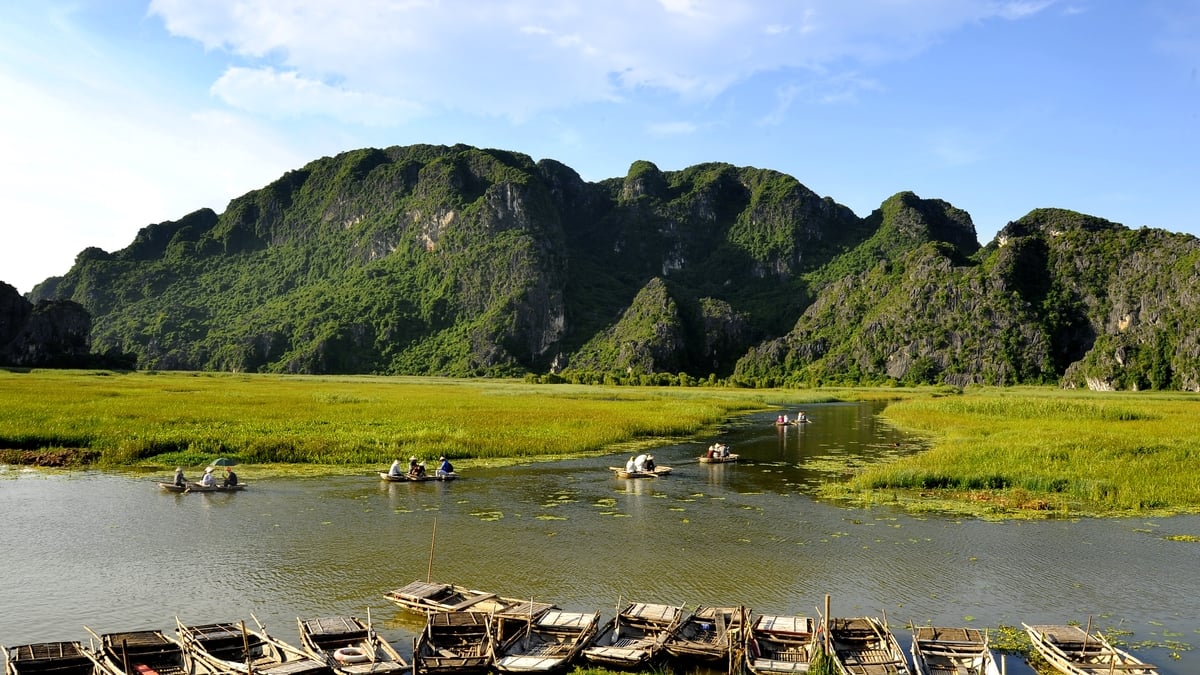
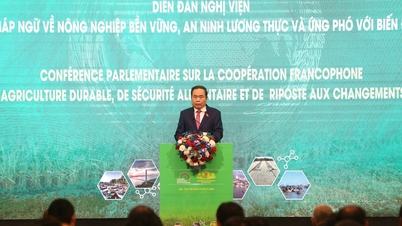







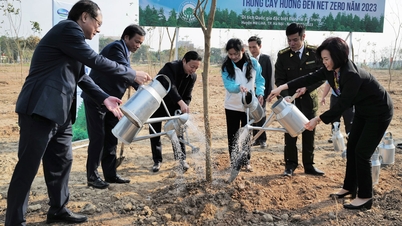

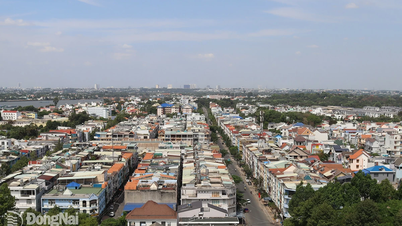





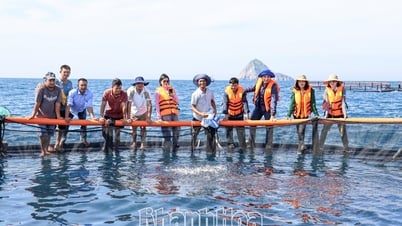
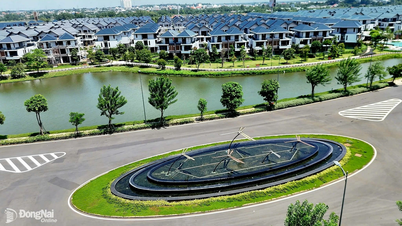
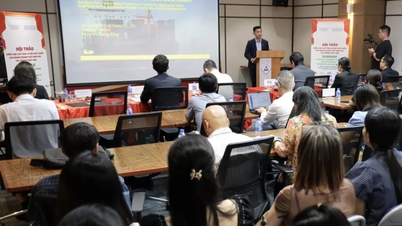





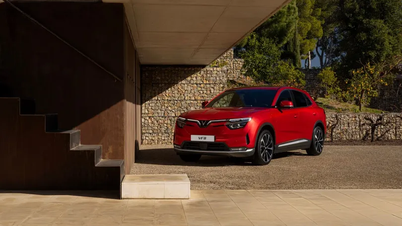

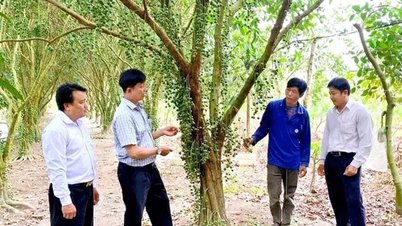


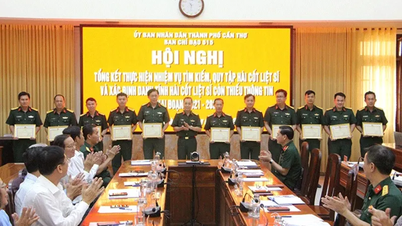


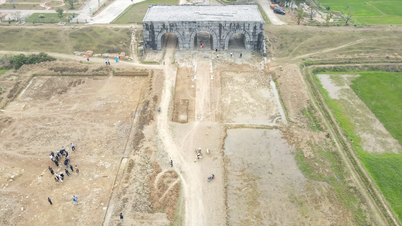





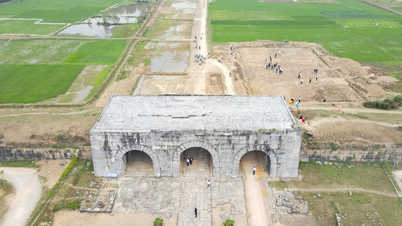






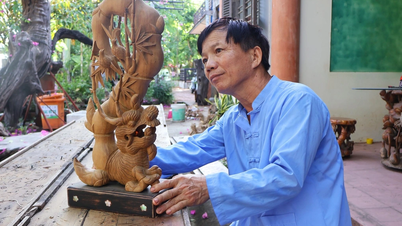



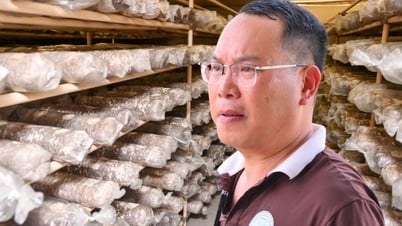



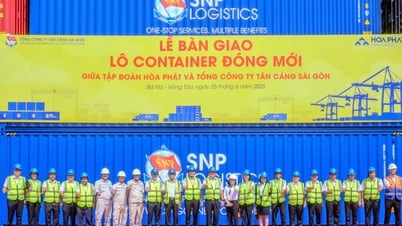









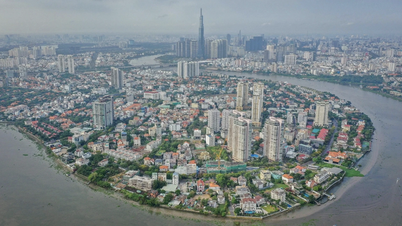







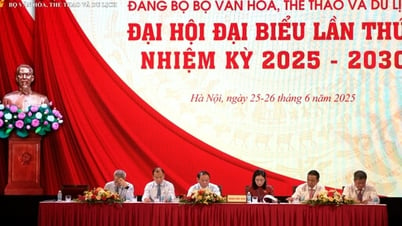





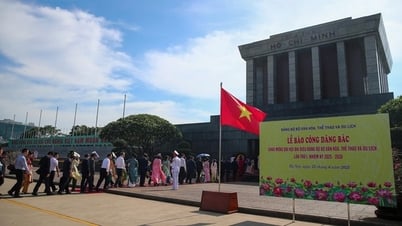
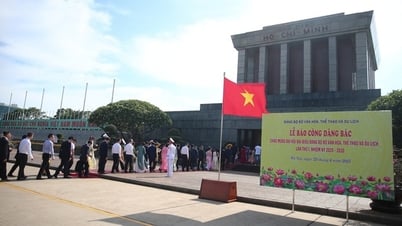
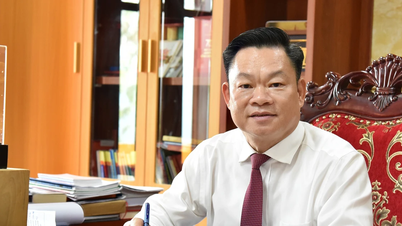



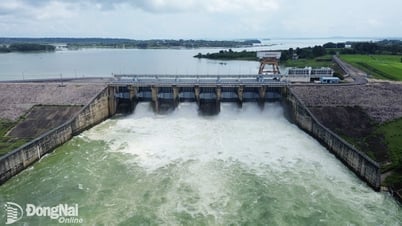

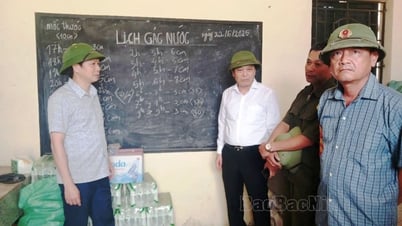













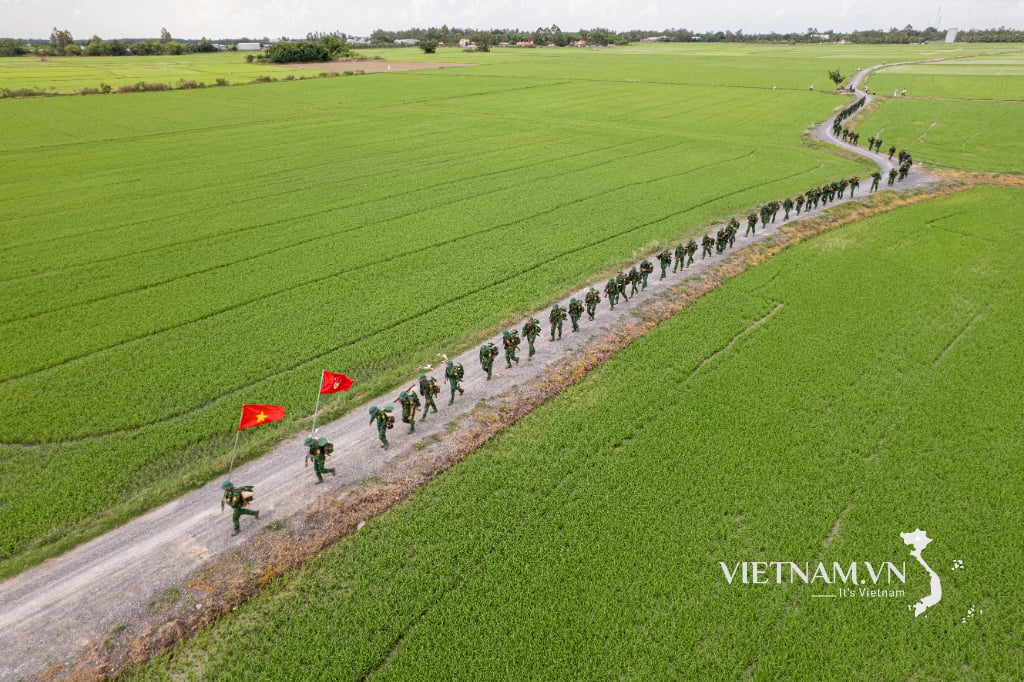

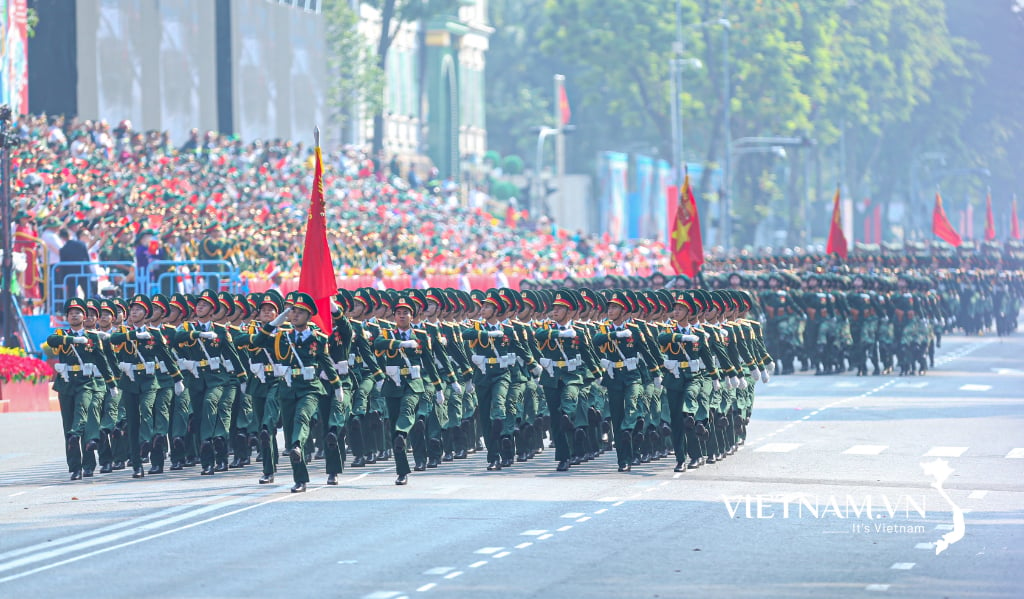

Comment (0)